Cage Location
INDOOR or OUTDOOR?
Cage location is of great importance to ensure your guinea pig's long terms health and happiness. While we understand it's not always possible to house your pets indoors, we highly recommend it if you are able, as there are a number of proven benefits for you and your critter!
🏠 Indoor Housing

There really are minimal disadvantages to indoor housing, as it generally provides a safe, temperature controlled and predator-free environment for your piggies to live. Not only do they tend to live longer lives by reducing access to these potentially life threatening risks, but it also increases the bond between humans and guinea pigs as they spend more time with and around the family.
Factors to Consider for Indoor Housing
-
🌡️ Temperature
If it’s too hot or cold for you, it’s too hot or cold for your piggy!
Guinea pigs are sensitive to extreme temperatures and do best in a stable environment between 18°C and 24°C (65°F–75°F).Cold weather can lead to respiratory issues or hypothermia, while excessive heat can cause heatstroke. For this reason, indoor housing is recommended, where temperature can be more easily monitored and controlled with fans or heaters. Keeping their environment comfortable is key to keeping your piggies healthy and happy!
-
🥵 Humidity
Guinea pigs need a dry, stable environment — humid or moist air can lead to serious health issues like respiratory distress, skin problems, and infections.
Avoid rooms like bathrooms or laundries, where humidity often fluctuates. High moisture levels can also lead to mold and mildew, which are harmful to piggies.
For a healthier, more comfortable space, always aim for a low-humidity room with good airflow.
-
☀️ Light
Guinea pigs do best with a consistent day-night cycle. Natural, indirect light during the day and a dark, quiet space at night helps regulate their body clock, reducing stress and supporting healthy sleep and behaviour.
Avoid areas with bright artificial light or direct sunlight, especially near glass windows or doors—these spots can quickly overheat.
Guinea pigs also love routine! Feeding at the same times each morning and evening helps them feel safe, settled, and at home.
-
😍 Interaction
Guinea pigs thrive when they’re part of the family action! Placing their cage in a space where they can see and hear their humans helps them become confident, social, and more vocal. Rooms that are too isolated can lead to them being overlooked — and no piggy wants that!
⚠️ Tip: While they love company, make sure their space allows for quiet time too — a spot right next to a blaring TV isn’t ideal. -
💨 Air Flow
Guinea pigs need a well-ventilated space with fresh air — but not direct drafts.
Avoid placing their cage near open windows, doors, or vents where cold air can blow directly on them. Choose a spot that’s sheltered from harsh airflow but still allows for gentle circulation to keep the air fresh and healthy.
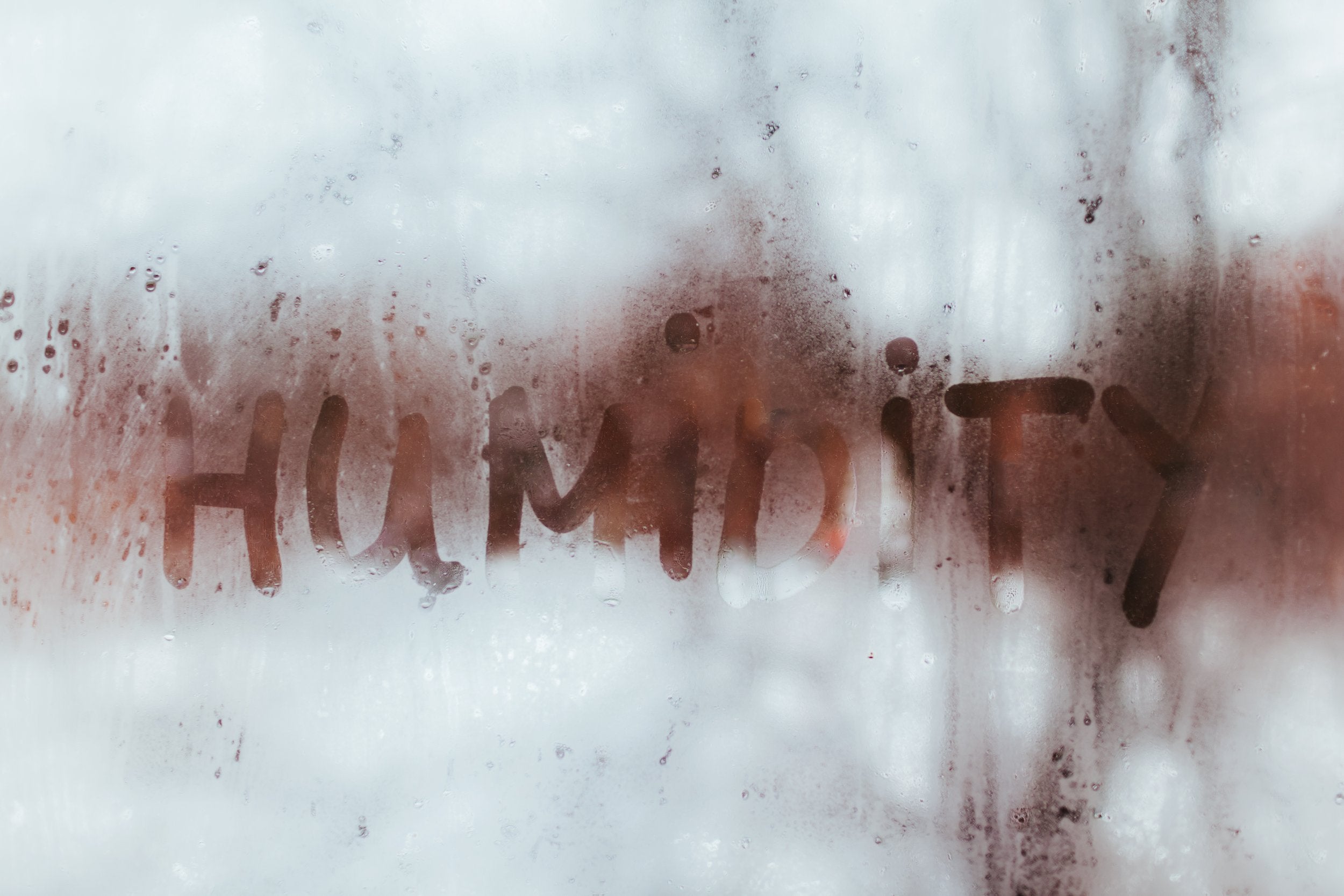
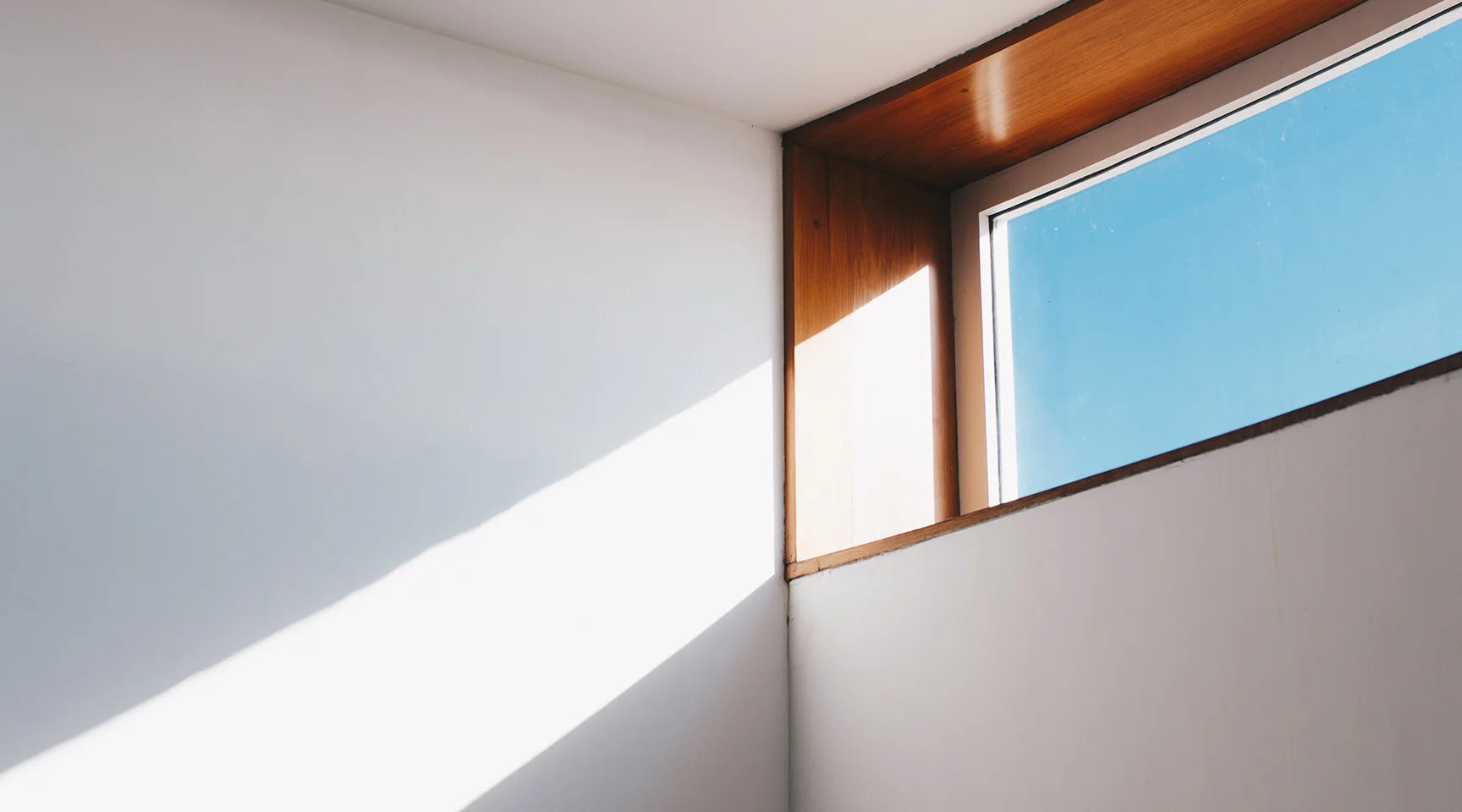
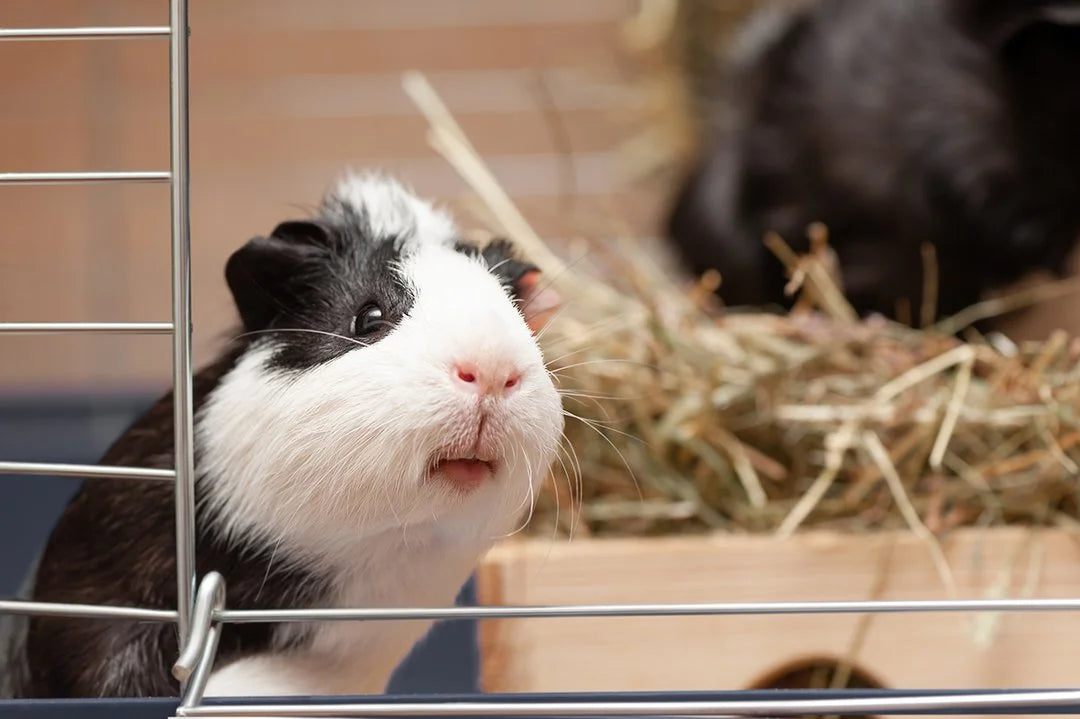
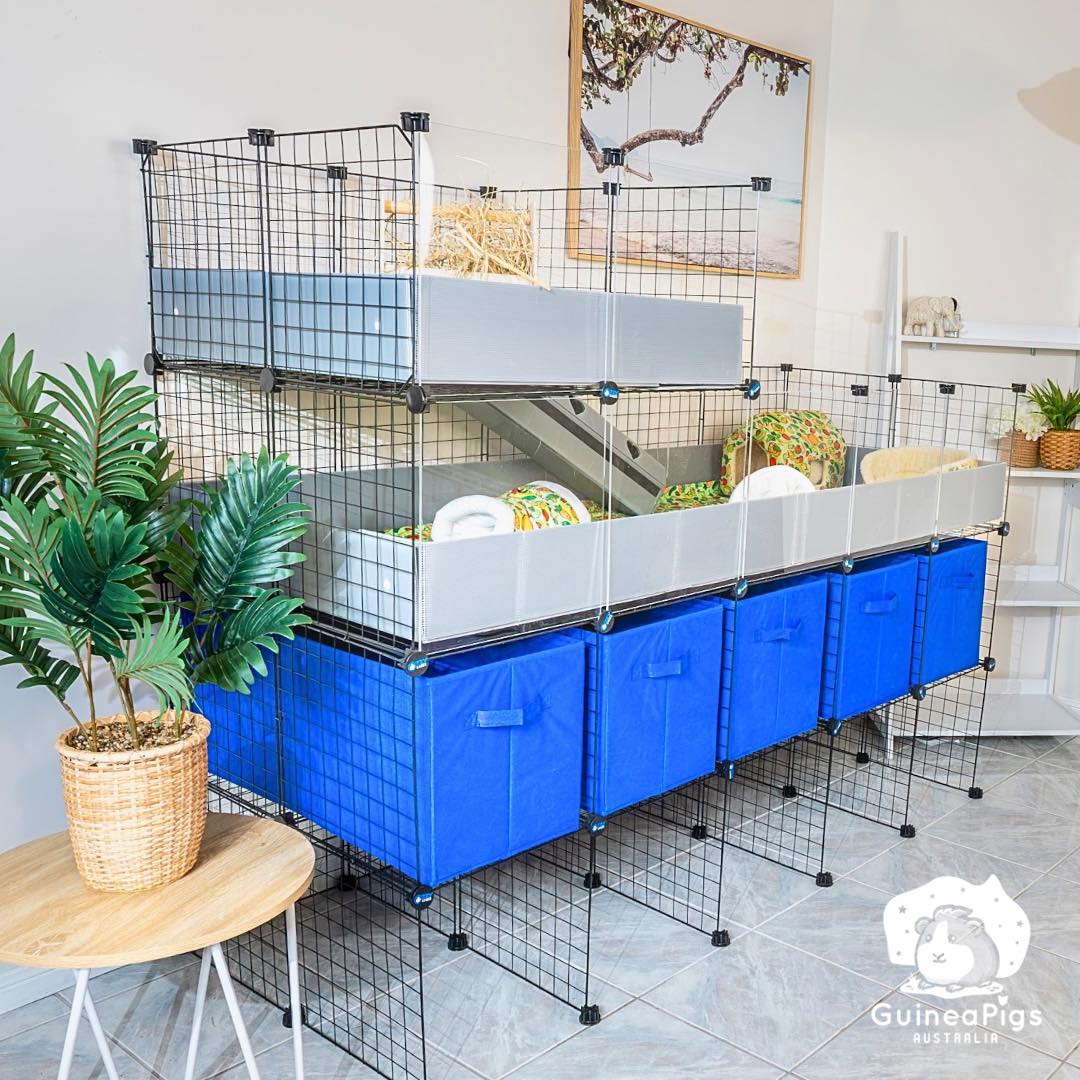
Other Location Options
Garages
A garage can work as a cage location — but only if it’s a finished, enclosed part of your home that offers natural light and good airflow. Never house guinea pigs in a space where cars are parked, as exhaust fumes are highly toxic even in small amounts. Also make sure the area is free from chemicals, fuel, or flammable items.
🚫 Note: Open carports or garages without proper walls aren’t safe — they don’t protect against wind, pests, or predators.
Patios or Sun Rooms
In Australia, sheltered outdoor areas like patios or sheds are a popular choice for housing guinea pigs. They offer protection from the elements while giving you space to store hay, accessories, and supplies nearby.
Many owners also like the flexibility to create larger cage setups than they'd be able to indoors — a great option if indoor housing isn’t possible but you still want your piggies safe and well cared for.
OTHER TIPS
• Keep it off the ground: Floor vibrations from vacuuming, footsteps, or general movement can make guinea pigs feel anxious. A raised stand can help — check out our Stands section for great options!
• Adult supervision is key: Guinea pigs need gentle handling and daily care. Make sure the cage is somewhere an adult can keep an eye on interactions and overall wellbeing.
🌳 Outdoor Housing
We always recommend keeping your guinea pigs indoors where possible, but we understand that it’s not an option for everyone. If outdoor housing is your only choice, be sure to check out our guide for all the important things to consider to keep your piggies safe, healthy, and happy.
Factors to Consider for Outdoor Housing
-
🏠 Shelter
🌦 Weather Protection
Guinea pigs don’t cope well with extreme heat or cold. Their enclosure should be insulated for warmth, have shade for hot days, and be fully waterproof. Raising it off the ground helps keep things dry, and there should always be covered areas where your piggies can hide if the weather turns bad.🛡 Predator Proofing
Make sure the enclosure is safe from predators like dogs, cats, snakes, or birds. Use strong materials like wire mesh with gaps smaller than 1cm, and ensure it’s sturdy or weighed down so it can’t be lifted or tipped over.⚠️ No wire floors! These can injure your guinea pigs’ feet and cause painful conditions like bumblefoot.
🌬 Ventilation Matters
While insulation is important, your enclosure still needs good airflow. Don’t seal it off completely — fresh air helps prevent moisture build-up and keeps the environment healthy.🏃♀️ Space to Move
Your guinea pigs need room to run, eat, sleep, and play. Make sure there’s enough space for them to be active and comfortable. -
🌡️ Temperature Considerations
❄️ Cold Weather
Guinea pigs can struggle in temps below 15°C. Keep them cosy with extra hay, fleece hideys, and thermal covers or thick blankets over their housing. If it gets very cold, the safest option is to bring them indoors.☀️ Hot Weather
Heat is even more dangerous — guinea pigs can suffer heatstroke in just 10 minutes. When temps hit 25°C or higher, make sure they have plenty of shade, fresh water, and cooling options like ice bricks, fans, or cooling pads. In extreme heat, bring them inside where it’s cooler.👉 Read more about keeping your guinea pigs safe during extreme weather here.
-
📍 Location of the Enclosure
Shady Spot: Place the enclosure in a shaded area to avoid direct sunlight, which can quickly overheat the enclosure.
Dry Ground: Ensure the enclosure is on, or elevated off, well-drained ground to prevent waterlogging, which can make the bedding damp and uncomfortable.
Quiet Area: Choose a quiet part of the garden away from loud noises and disturbances, but still allows your guinea pigs regular interaction with the family.
-
🛏️ Bedding and Cleaning
🛏 Bedding
Choose soft, absorbent bedding in the area where your guinea pig shelters and rests. Keep an eye out for damp spots and change bedding regularly — wet conditions can lead to sore feet and respiratory issues.🧼 Cleaning
A clean enclosure is a healthy one! Regular cleaning helps prevent the build-up of ammonia from urine, which can irritate your piggies’ lungs and cause health problems. -
🤒 Health Monitoring
👀 Regular Checks
Guinea pigs living outdoors need extra attention. Check them often for signs of illness — changes in eating, behaviour, or appearance can mean something’s not right.🐜 Parasite Watch
Outdoor piggies are more at risk of parasites like mites and fleas. Keep an eye out for scratching, hair loss, or scabs, and use preventative treatments if needed.
Read more on common parasites and guinea pig skin issues here. -
🔒 Security and Safety
🔒 Locking Mechanisms
Make sure your guinea pig’s hutch has secure locks to keep out curious kids, other animals, and even strong winds. The enclosure should also be heavy or anchored down so predators can’t lift or tip it.
🐍 Wire Size
When it comes to outdoor enclosures, wire size matters! Gaps in the wire should be no larger than 1cm to keep snakes, rodents, and predators out — anything wider can be a serious risk.Make sure the enclosure is snake-proof, heavy enough not to be lifted or dragged, and ideally secured to the ground to stop predators from digging underneath.
⚠️ Important: Never use wire flooring. It can cause serious injuries and lead to painful conditions like bumblefoot.
Taking these simple steps helps create a safe, comfy outdoor space where your piggies can enjoy the fresh air without the risks.

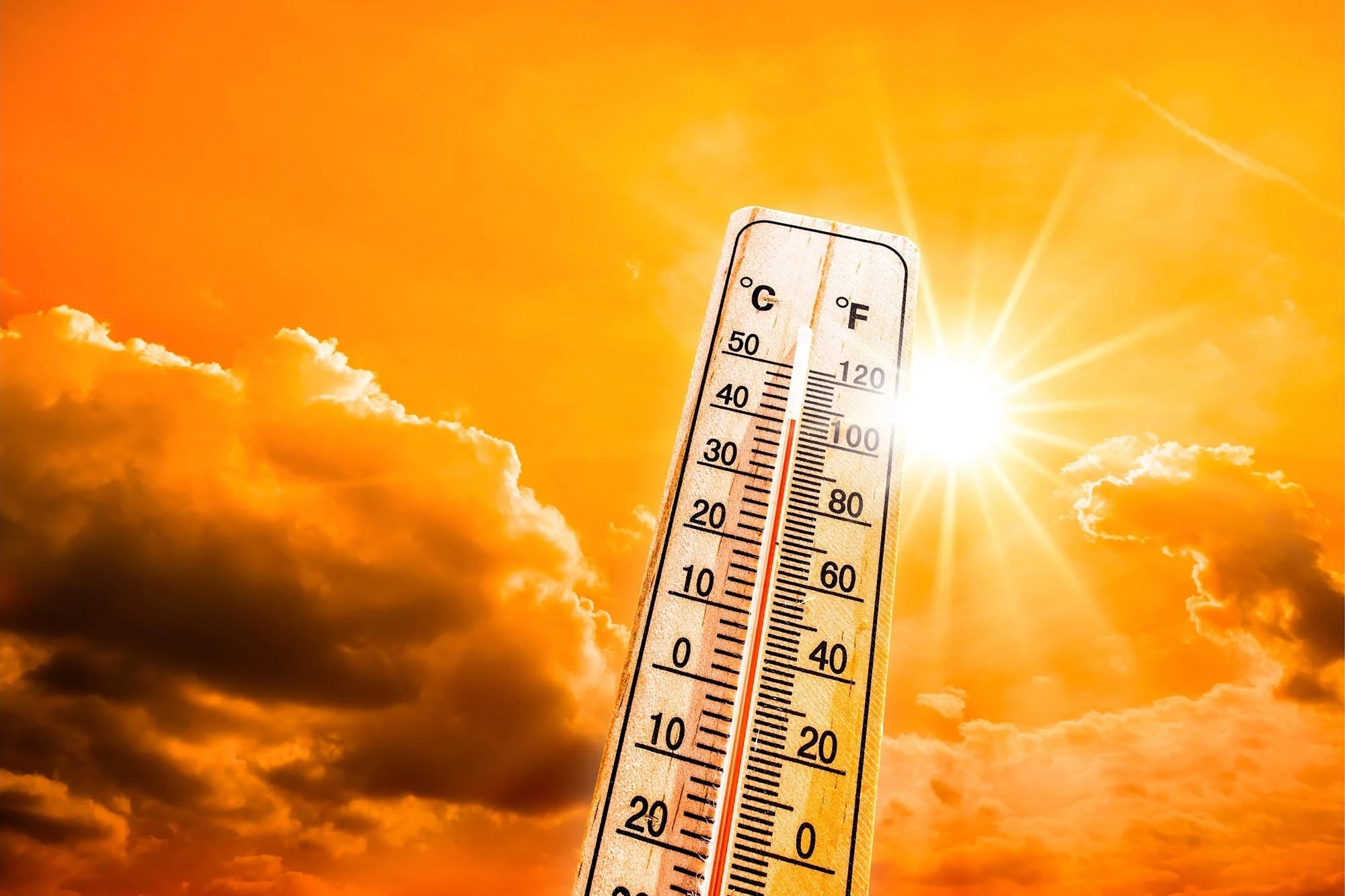
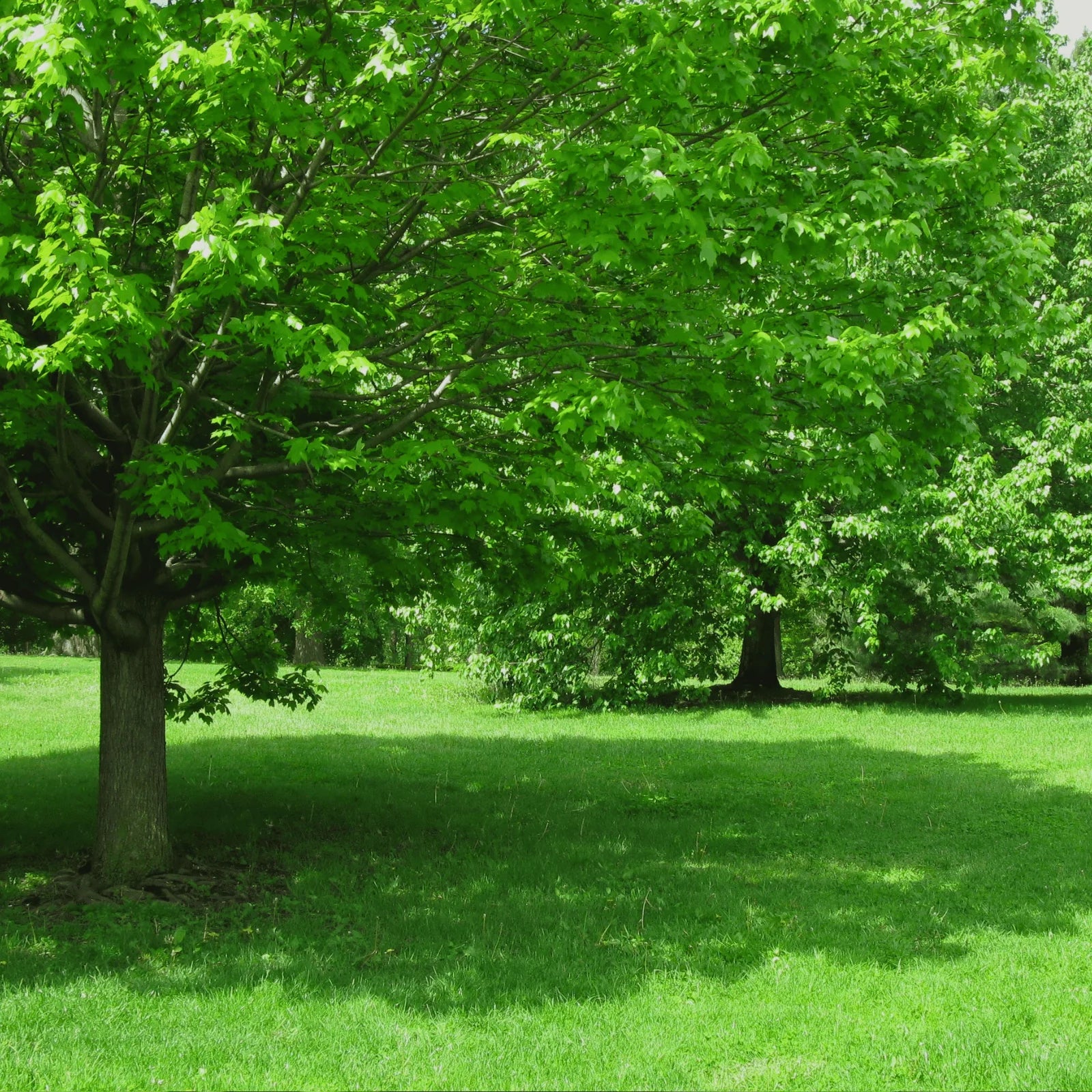

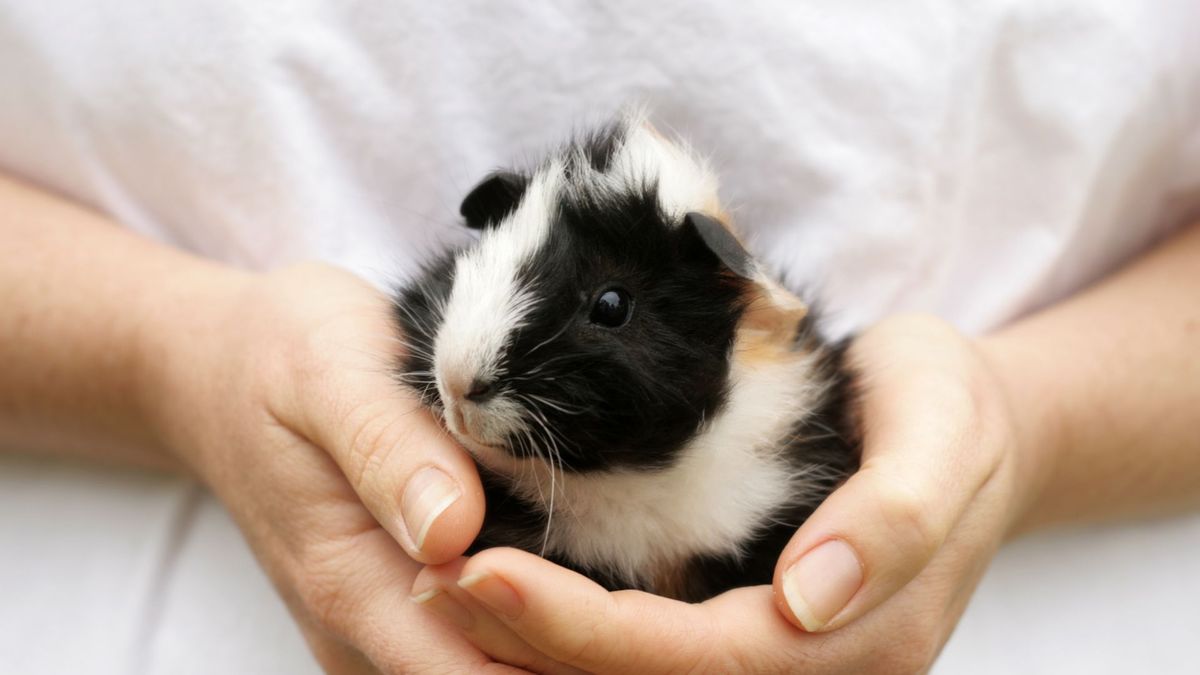
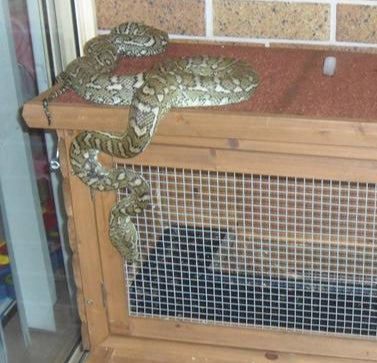

Can My Piggies Be Free Range?
As tempting as it is to let your guinea pigs roam freely in the garden, it comes with a lot of risks.
Curious piggies can easily slip through small gaps in fences or hide somewhere tricky to find or access. Plus, there are real dangers from predators like cats, dogs, snakes, and birds of prey — not to mention the risk of nibbling on toxic plants or getting hurt on sharp objects.
Weather is another concern — too much heat or cold without the right shelter can be dangerous.
For their safety, it’s best to give your guinea pigs a secure, enclosed space if they’re going to spend time outdoors. That way, they can explore safely while you enjoy peace of mind!
Recommended Indoor Housing
Shop our huge range of Ozzy C&C Cages - the best option for piggies everywhere!








